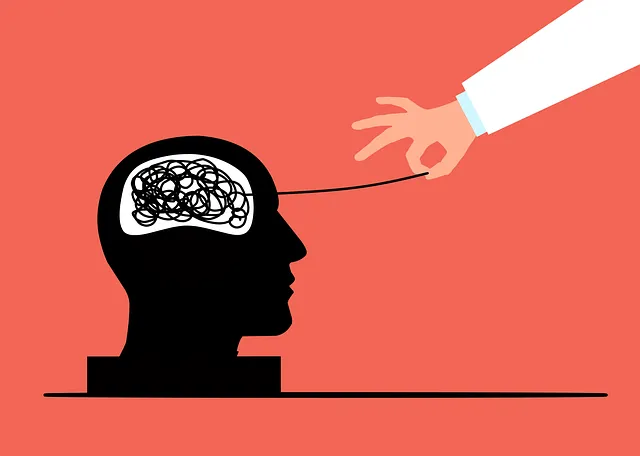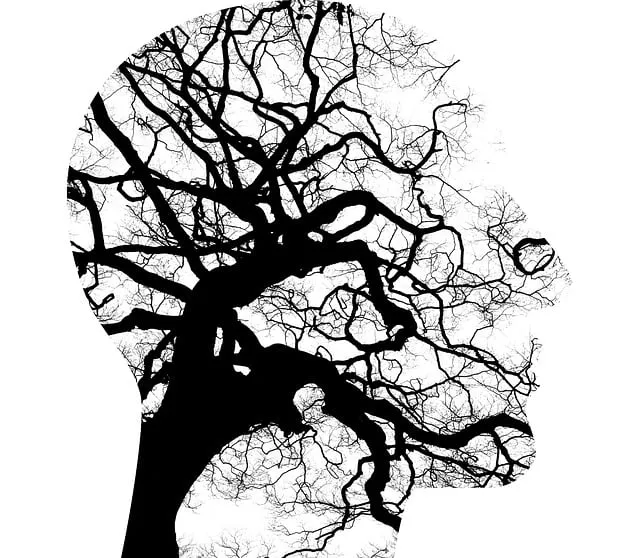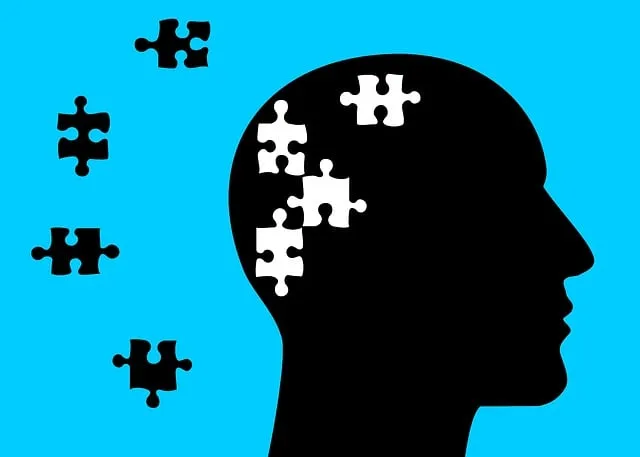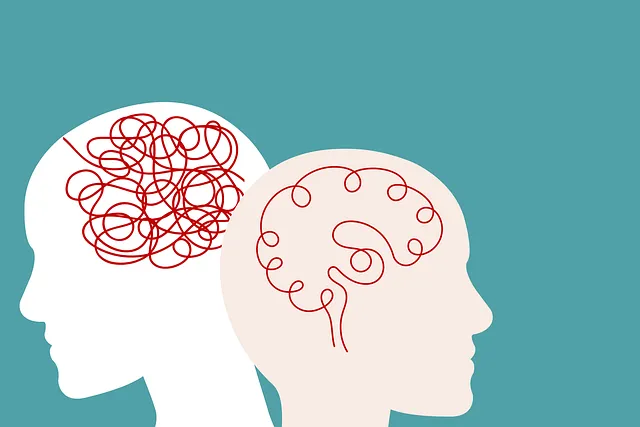The Kaiser Permanente behavioral health center in Longmont takes a holistic approach to mental wellness by providing innovative self-assessment tools. These tools focus on emotional regulation, communication strategies, and self-reflection exercises to empower individuals in proactively managing their mental health. By integrating these assessments into routine practices, the center enhances early identification of mental health concerns, enabling prompt interventions and improved patient outcomes, all while aligning with evidence-based stress management and empathy-building principles.
Mental wellness self-assessment tools play a pivotal role in empowering individuals to take charge of their mental health. At Kaiser Permanente Behavioral Health Center Longmont, we recognize the growing need for accessible and effective assessment tools. This article delves into developing comprehensive self-assessments, highlighting key components like simplicity, validity, and reliability. We explore implementation strategies, emphasizing patient engagement and healthcare provider integration. By harnessing these tools, Kaiser Permanente aims to enhance mental health support, fostering a holistic approach to well-being.
- Understanding the Need for Mental Wellness Self-Assessment Tools at Kaiser Permanente Behavioral Health Center Longmont
- Key Components of an Effective Mental Wellness Self-Assessment Tool
- Implementation and Evaluation Strategies for Enhancing Mental Health Support Through Self-Assessments
Understanding the Need for Mental Wellness Self-Assessment Tools at Kaiser Permanente Behavioral Health Center Longmont

At Kaiser Permanente Behavioral Health Center Longmont, recognizing the importance of mental wellness is paramount. The center aims to provide comprehensive care that goes beyond traditional medical treatments by incorporating self-assessment tools tailored to individual needs. With a growing awareness of the impact of mental health on overall well-being, these tools are becoming increasingly vital in preventive care. The goal is not only to identify potential issues early but also to empower individuals with the knowledge and skills to enhance their mental resilience.
One such initiative is the development of a Mental Wellness Journaling Exercise Guidance program, designed to help patients track their emotions, thoughts, and behaviors. This practice facilitates self-reflection and allows individuals to recognize patterns that may contribute to stress, anxiety, or depression. Additionally, the center offers guidance on Burnout Prevention, emphasizing work-life balance and healthy coping mechanisms. Furthermore, confidence-boosting exercises are integrated into the self-assessment process, encouraging individuals to cultivate a positive mindset and build resilience against mental health challenges.
Key Components of an Effective Mental Wellness Self-Assessment Tool

An effective mental wellness self-assessment tool should incorporate several key components to ensure it provides accurate insights and guides users toward improved well-being. Firstly, it must include questions that assess emotional regulation skills, as this is fundamental for managing stress and maintaining a positive mindset. Tools like those offered by the Kaiser Permanente behavioral health center in Longmont focus on helping individuals recognize and manage their emotions effectively.
Additionally, the assessment should cover areas related to Communication Strategies, fostering open dialogue about mental health is crucial for seeking help and building support systems. Boosting confidence through self-reflection exercises can empower users to take proactive steps towards enhancing their mental wellness. By integrating these components, a comprehensive self-assessment tool can be developed to cater to diverse needs, much like the resources provided by Longmont’s Kaiser Permanente behavioral health center.
Implementation and Evaluation Strategies for Enhancing Mental Health Support Through Self-Assessments

The successful implementation of mental wellness self-assessment tools requires a strategic approach to ensure their effectiveness in enhancing mental health support. At the Kaiser Permanente behavioral health center in Longmont, professionals utilize these assessments as a gateway to personalized care, tailoring interventions based on individual needs. By integrating self-assessments into routine practices, the center promotes early identification of mental health concerns, enabling prompt intervention and improved patient outcomes.
Evaluation strategies play a pivotal role in refining this process. The center employs both qualitative and quantitative methods to gauge the impact of self-assessments. Patient feedback, through surveys and interviews, provides insights into the usability and perceived benefits of the assessments. Additionally, tracking referral rates and treatment outcomes allows for data-driven decisions, ensuring that Mind Over Matter Principles are effectively translated into actionable strategies for Stress Management and Empathy Building Strategies.
The development of mental wellness self-assessment tools is a vital step towards improving access to care at institutions like the Kaiser Permanente Behavioral Health Center in Longmont. By integrating these tools into routine patient interactions, we can empower individuals to take charge of their mental health and facilitate early interventions. Through careful consideration of key components and effective implementation strategies, these assessments have the potential to revolutionize support systems within behavioral health centers, ultimately enhancing patient outcomes.






